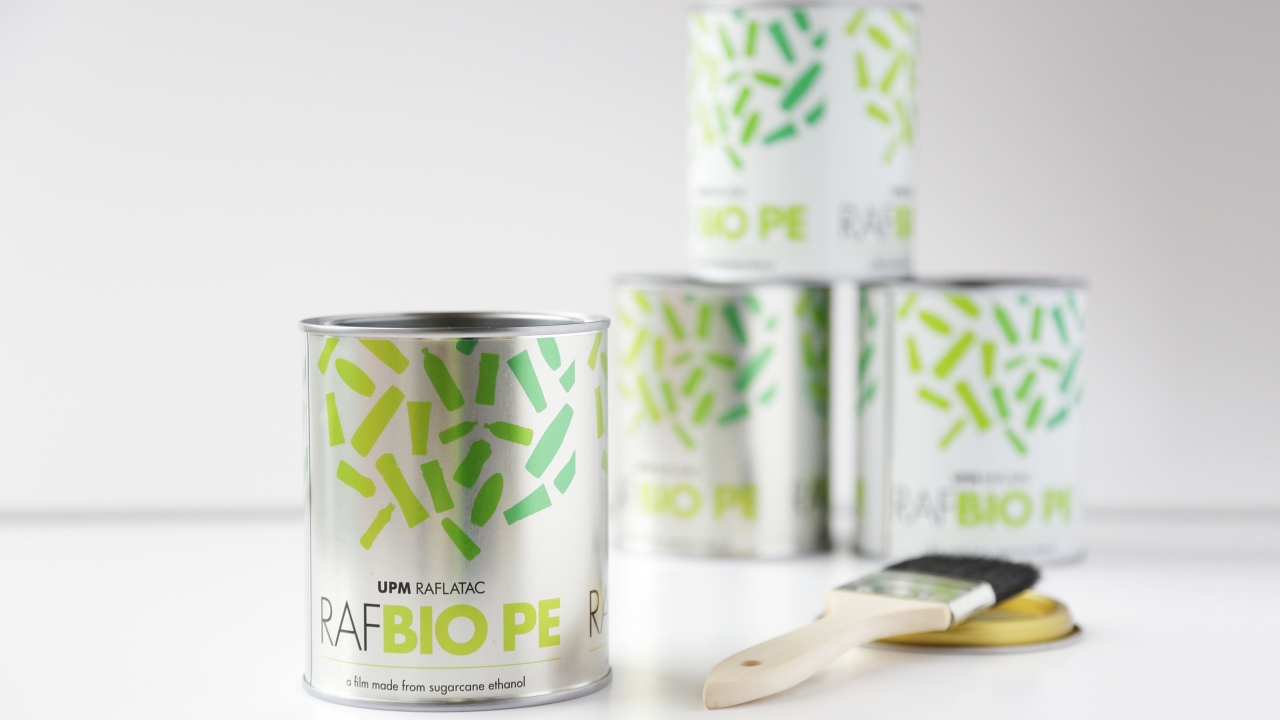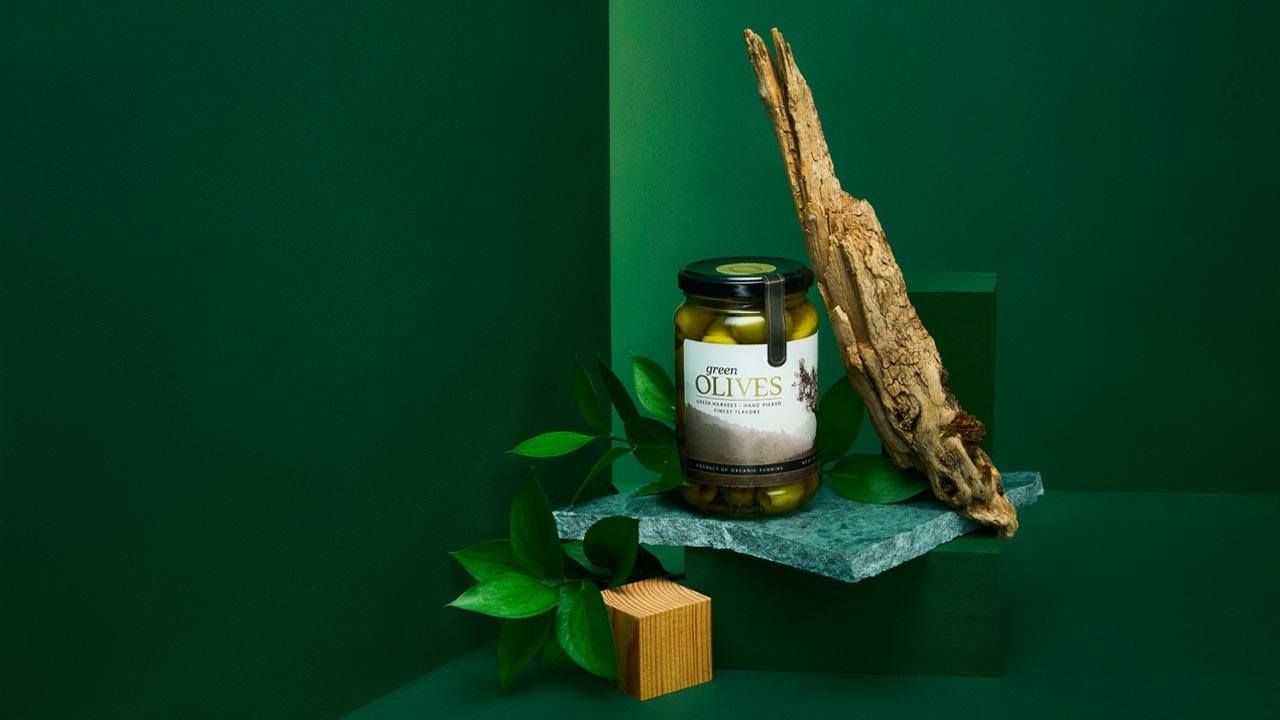UPM Raflatac and Mus Verpakkingen collaborate
UPM Raflatac and Mus Verpakkingen, a Dutch supplier of metal packaging and closures, have partnered to test a bio-based film for can labeling.

Historically, Mus's products have primarily been used in the paint and chemical markets, but nowadays the company also provides a wide assortment of cans, closures and aerosols for the cosmetic and food industries.
Together with UPM Raflatac, Mus has tested the new RafBio PE material in application. RafBio PE is pitched as ‘a sustainable alternative’ to standard PE film and is made from sugarcane ethanol containing more than 80 percent renewable plant-based raw material. The material substitutes fossil-based raw materials and reduces CO2 emission in product decoration and identification. It is recyclable within the same recycling streams as fossil-based PE.
For the test series, Mus has labeled 1 liter cylindrical cans with RafBio PE Clear FTC 85 film. The plan is to use RafBio label material for other sizes, too, as the labeled range of cans goes from 125mm to 5 liters.
In the EU, the recycling rate of metal cans is as high as 70 percent. Metal cans can be recycled indefinitely, which makes them a part of circular economy. The asset of having a sustainable label for metal cans serves not only the customers but the environment too, say the companies.
‘The recycling rate of cans in the Netherlands is at 95 percent,’ said Willem Mus, CEO of Mus Verpakkingen. ‘Having the RafBio PE label strengthens our product proposition even further and helps us create a very sustainable product – something a growing number of our customers consider very important.’
In addition to testing this new sustainable label material, Mus has also joined UPM Raflatac's RafCycle program to recycle its glassine liner. After collection, glassine liner is reused as magazine paper at UPM Plattling in Germany.
Stay up to date
Subscribe to the free Label News newsletter and receive the latest content every week. We'll never share your email address.

